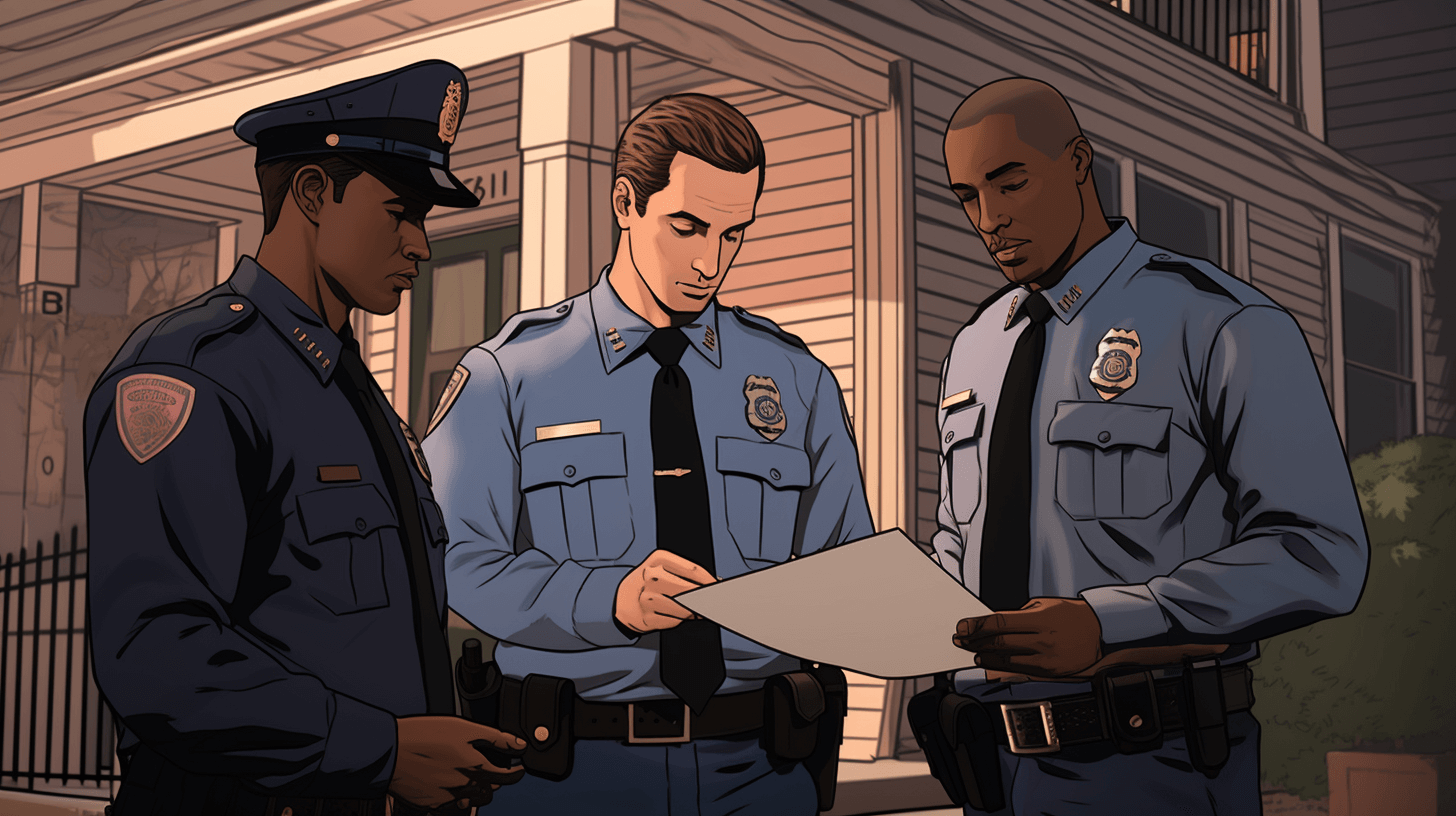September 18, 2025

Search and seizure is one of the most contested areas in criminal law. It shapes investigations long before cases reach trial, and it often determines whether evidence is admissible or excluded. For defendants, the stakes are high: an illegal search can mean the difference between conviction and freedom.
The legal side of a search and seizure is deeply rooted in constitutional protections, especially the Fourth Amendment, which guards against unreasonable government intrusion. But those protections are balanced against law enforcement’s duty to investigate crime. Navigating this tension requires legal skill, and cases often hinge on whether evidence was lawfully obtained.
Just as The Legal Side of an Interrogation examines what happens in the questioning room, search and seizure law governs what happens when police step into private spaces or seize property. Both processes often shape outcomes long before The Legal Side of a Trial, The Legal Side of a Verdict, or The Legal Side of a Sentence.
What Is Search and Seizure?
Search and seizure refers to the examination of a person, property, or belongings by government officials, usually law enforcement, and the taking of items as evidence.
The Constitution requires that searches and seizures be “reasonable.” In most cases, this means supported by a warrant issued by a judge.
The Fourth Amendment and Constitutional Protections
The Fourth Amendment to the U.S. Constitution provides:
“The right of the people to be secure in their persons, houses, papers, and effects, against unreasonable searches and seizures, shall not be violated, and no Warrants shall issue, but upon probable cause…”
This text sets the foundation:
When Are Warrants Required?
Generally, police must obtain a warrant before conducting a search. Warrants must:
But there are numerous exceptions that complicate the picture.
Common Exceptions to the Warrant Requirement
Courts recognize several situations where searches can occur without a warrant:
These exceptions often spark litigation.
Illegal Searches and the Exclusionary Rule
If police violate the Fourth Amendment, the exclusionary rule may bar illegally obtained evidence from trial. This principle, established in Mapp v. Ohio, ensures constitutional rights have teeth.
Related to this is the “fruit of the poisonous tree” doctrine: if original evidence was obtained illegally, later evidence derived from it may also be excluded. This directly shapes How a Lawyer Can Challenge Evidence in a Criminal Case.
The Role of Defense Attorneys in Search and Seizure Cases
Defense lawyers play critical roles:
These battles often determine whether a case moves forward or collapses before The Legal Side of a Trial.

Search and Seizure in Digital Age
Phones, laptops, and cloud storage have added complexity:
For businesses, search and seizure can involve regulatory raids, tying into How to Handle a Business Contract Dispute and Understanding the Legal Aspects of Raising Capital.
Case Studies
Search and Seizure and Interrogation
Searches often precede or accompany interrogations. Evidence found during a search becomes leverage in The Legal Side of an Interrogation. Defendants who understand their rights are less likely to make incriminating statements.
Search and Seizure and the Broader Legal Process
Why Law Firm Choice Matters
The complexity of search and seizure law makes legal counsel indispensable. Clients benefit from:
The lessons from Why Law Firms Excel at High-Asset Divorce Litigation apply here too: resources, expertise, and preparation matter in high-stakes disputes.
The Human Side of Search and Seizure
Searches can be invasive and stressful:
Lawyers not only fight in court but also support clients through these difficult experiences, just as in Our Family Law Services: Compassionate Counsel for Divorce & Separation.
Conclusion
The legal side of a search and seizure lies at the heart of constitutional rights. It shapes investigations, trials, verdicts, and appeals. For defendants, understanding these rules is critical. For attorneys, mastering them is essential.
Search and seizure law reminds us that justice requires balance: empowering police to investigate crime while protecting citizens from abuse. With skilled legal advocacy, clients can ensure that evidence used against them is lawfully obtained, and that rights remain protected at every stage of the legal process.
Stay up to date with the latest tips, expert insights, product reviews, and step-by-step guides to help you grow, create, and succeed—no matter your industry or passion.